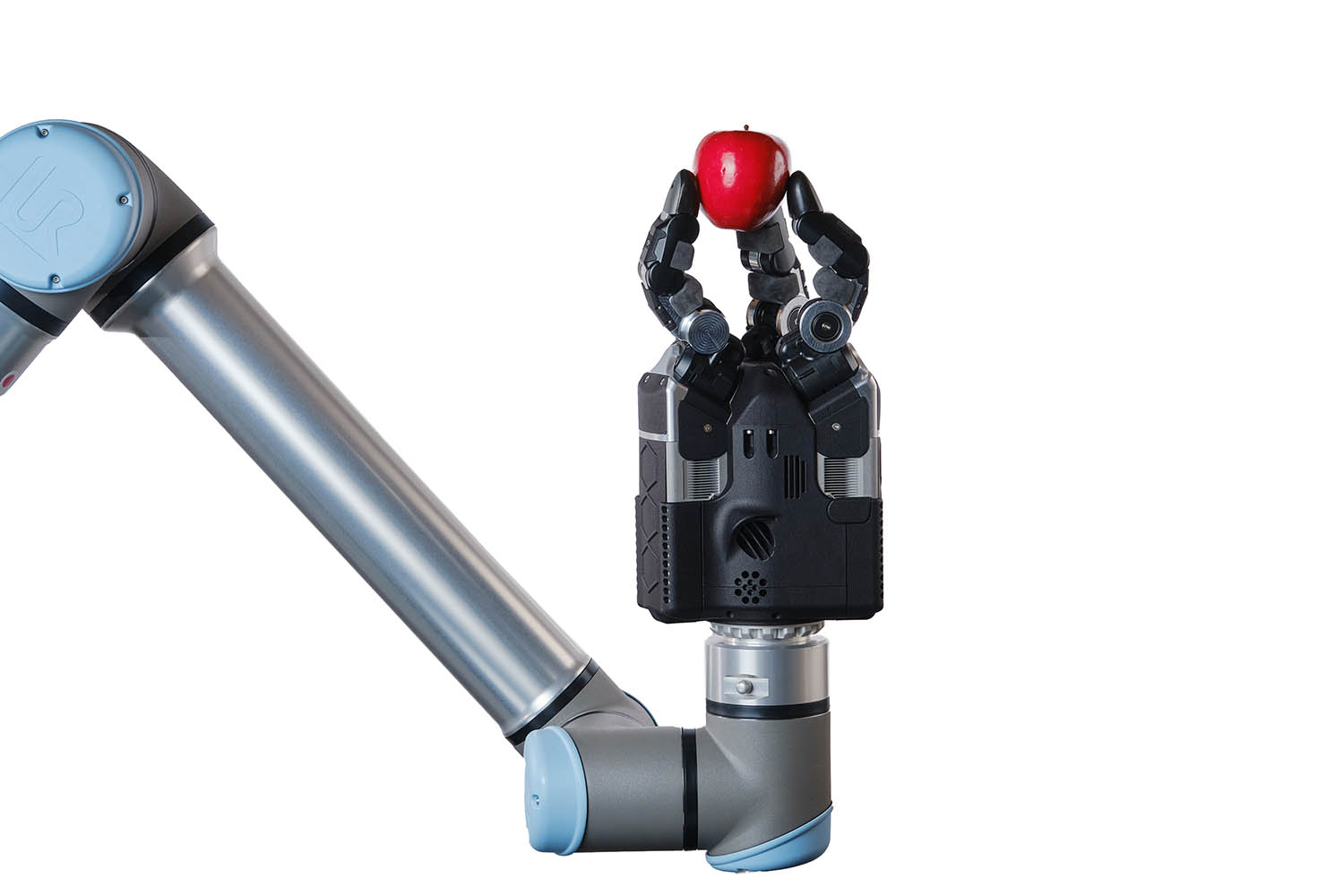A startup working on tactile robotic “skin”, allowing machines to feel objects rather than relying on vision, is among nine projects that received £23.3m in government funding to solve the problem of robot dexterity.
Advances in computer vision have allowed robots to “see”, and companies such as Boston Dynamics have manufactured bipedal machines capable of walking, climbing stairs and doing parkour. But robots still have critical limitations, particularly with dexterity – their ability to touch, pick up and manipulate objects.
Jenny Read, programme director at the Advanced Research and Invention Agency (Aria), which is issuing the grants, said: “Dexterity is absolutely the No 1 limiting factor. It’s not a lot of use if a robot can go around inspecting things but when it finds something wrong, it has to summon a human worker to come and fix it.”
Unusually for a UK government agency, Aria is funding projects with team members based outside the country, including in the US and Switzerland. A project led by a researcher in Lausanne plans to use generative AI to design robot manipulators for tasks such as harvesting raspberries or loading a dishwasher. The idea is that the UK should still profit from the work; entities incorporated outside of the UK must pay royalties on sales based on any IP funded by Aria.
Shadow Robot, located in London, is working on a suite of software tools to help roboticists design and test hand designs virtually before committing to a physical build, which is expensive and time consuming. This might not necessarily look like a human hand and could perhaps resemble robotic tentacles that can wrap around and twist objects, said Rich Walker, the company’s director
Ocado is leading an effort to make a better robot manipulator for handling groceries. It is exploring a biologically inspired design with several fingers that could be more precise when grasping and handling a wide variety of grocery products.
Rika Antonova, an associate professor at Cambridge University, is leading a project focused on making robots more customisable so they can be used in more real-world settings. She said: “We can change the various shapes of the robots themselves.”
Edinburgh-based startup Touchlab is working on tactile robotic “skin”. Currently, robots largely rely on computer vision for sensory input, but an ability to “feel” objects could allow for more complex or sensitive interactions, such as picking delicate fruit or manipulating a non-standard object.
The Aria programme runs for five years. The agency’s funding amounts are small compared to the budget of the much larger UK Research and Innovation (UKRI) government funding agency, but Aria says the idea is to support projects that may otherwise be deemed “too speculative, too hard or too interdisciplinary”.
Newsletters
Choose the newsletters you want to receive
View more
For information about how The Observer protects your data, read our Privacy Policy
